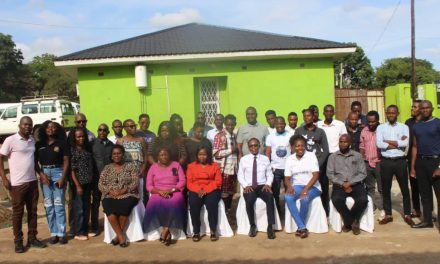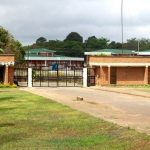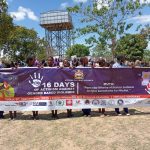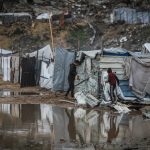
Malawi’s 59 Year Self-rule Under Microscope

The dawn of July 6, 1964, was very special and ever unforgettable as Mother Malawi grabbed its deserved self-rule, or independence, so to speak, from the British colonial rule..
The attainment of independence from the colonial masters was really a victory that sounded loudly to catch the citizenry into a massive hope of change for the better and improved lives of Malawians themselves, who lived between the valleys of struggles.
By default, the birth of independence marked the beginning of home-soiled leaders who have been ruling the country since 1964.
Hastings Kamuzu Banda became the first leader after independence until 1993, when Bakili Muluzi took over in 1994.
Bingu Wa Mutharika held the position from 2004 until his death in 2012, and Joyce Banda, the first female president, took over from there.
In 2014, Peter Mutharika, the biological brother of the late Bingu, took over the mantle after succeeding Joyce Banda through Election, and Peter Mutharika’s ruling ended in 2020 after the court-sanctioned presidential election went in favor of Lazarus Chakwera, who is the current Head of State.
That is enough to say, and now it has been 59 years since the country attained independence.
On Thursday, July 6, 2023, Malawians gathered at Bingu National Stadium to celebrate the anniversary of the Independence Day, but the celebration sparked more questions than answers when looking at how the country is playing its dice as far as the reality of self-rule is concerned.
A large quarter of society, including experts, believes that Malawi is still failing to live up to the hype of independence.
Despite the claim of having a big bundle of years while under self-rule, Agriculture, which is the country’s economic backbone, is still failing to yield the results that can cover and support the rising population.
For many years, Agriculture has been dominated by the Subsistence kind of farming, and little has been done in order to adopt commercial farming.
With the visible resources that seem to have helped Malawi take Agriculture seriously, Malawi is still sleeping at the expense of large water bodies that could easily be an advantage for the citizens to dive into irrigation farming on top of rain-fed agriculture, which sometimes becomes unpredictable.
It is from this background that Malawi is still struggling to create a base of massive production for its people at the expense of commercial farming, which has been the rhetoric over the years by political leaders.
In the education sector, it is still the same song, as the country is still failing to acquire a high level of quality education, as better illustrated by a continued high pupil-teacher ratio, which experts have been complaining about without numbers.
The limited space in tertiary education is also another unprecedented issue that is still limiting the dreams of professionalism for the students in Malawi.
With the claimed little space in Tertiary education, learners are forced to stop their education path at secondary school level, which is at all cost not healthy for the country’s development.
The introduction of free primary school education during the era of Bakili Muluzi was a source of hope for an improved education system, but the real results on the ground are staggering, and more needs to be done in order to realize the wholesome mission of increasing accessibility and quality of education.
The health sector cannot be skipped for scrutiny during the country’s 59-year period of independence.
To date, the health sector has also been a source of concern, looking at the level of assistance the citizenry receives when accessing medical care at the country’s hospitals and health centers.
For so long, within the space of 59 years of self-rule, the government is still referring some patients abroad to access medical care.
When a person goes to health centers situated in various areas across the country, it is pathetic when a patient is told to supplement the treatment by purchasing the medicines from private clinics or shops.
Wonderful Nkhuche is one of the country’s social commentators who has described 59 years of the country’s self-rule as the spell of struggles following the continued sufferings the country is facing including poverty and lack of good political atmosphere.
The sentiment comes as Malawi has clocked 59 years since it attained independence from British rule back in 1964.
Nkhuche says Malawi is still lagging behind as far as economic achievements and good political status are concerned.
He observed that other African countries have made strides in the economy while Malawi is still struggling socially and economically.
The commentator has attributed the suffering inside the self-ruling period to a lack of visionary leaders, whom he has described as individuals who do not put their effort into developing the country but rather keep themselves busy with their fate in the forthcoming elections.
During the independence celebration on Thursday, July 6, 2023, President Lazarus Chakwera refreshed his administration’s commitment to turn the county’s fortunes around and bring about a sigh of relief to Malawians.
Chakwera stressed that, for the country to do well, citizens should also be dedicated and hardworking in their daily activities and let the country see its bright future.
They say, “The ball is in our court”































